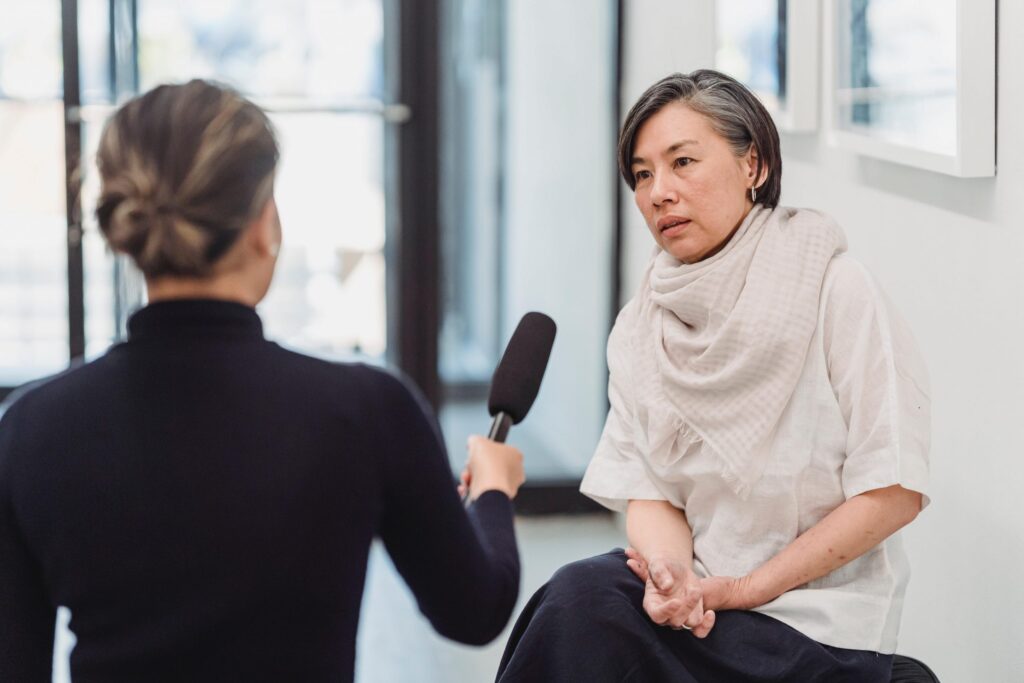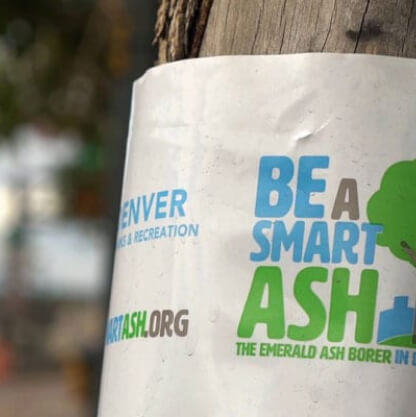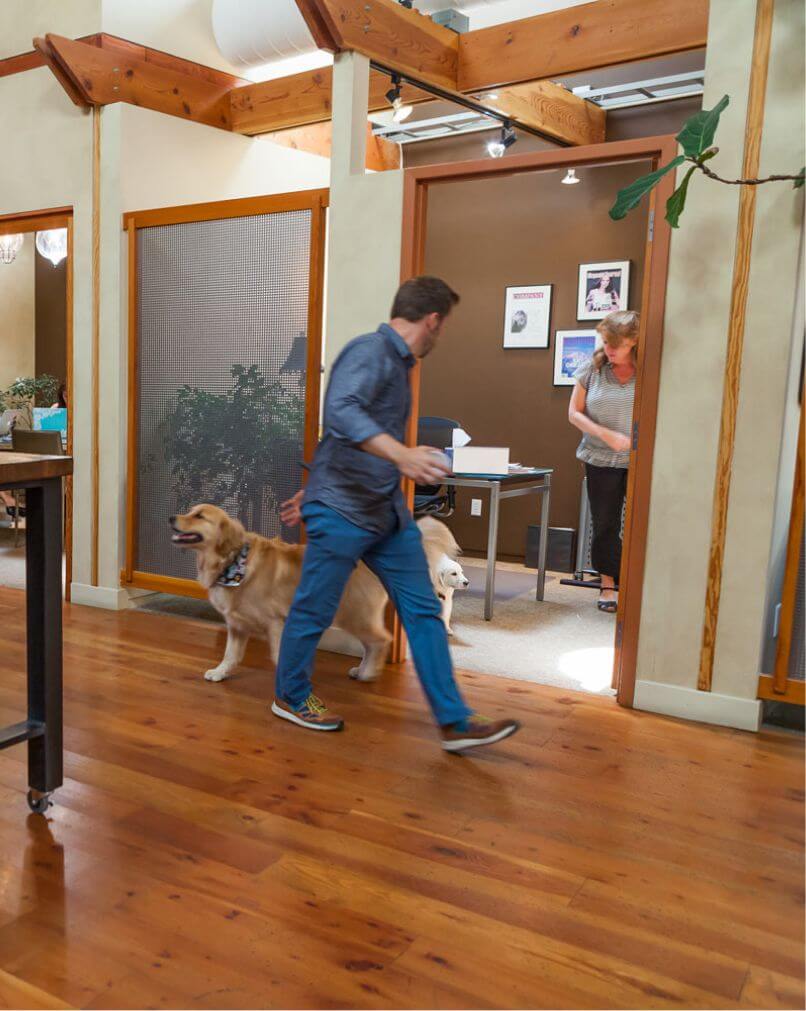How to protect personal information online when providing media expertise on controversial topics

Whether you’re an expert speaking with the media or a PR professional preparing an expert to speak publicly, it is important to consider how a media appearance can impact an expert personally, particularly if the topic is divisive. Read on for steps professionals can take to better protect personal information online before and after speaking to the media.
Lending an expert voice to online and media conversations is an important way to assert credibility about specific topics and combat misinformation. Many people rely on experts to inform and influence their perception of certain topics like whether to trust the COVID-19 vaccine or mask wearing. These topics often bring medical professionals into the conversation to provide scientific background and expertise. Unfortunately, these topics can also be divisive and controversial, meaning if you speak publicly on them, there’s a chance you could become a target of “doxing” (also spelled “doxxing”).
Doxing is when someone posts private information about you or your family, without your consent, in a malicious way intended to cause harassment or bullying. Doxers use this tactic to incite fear, scaring those who don’t agree with them into silence. Fortunately, there has been some movement at the state and national level to put laws in place to limit these activities. Colorado recently passed a new law to ban doxing of public health workers, making it illegal to post personal information about health workers, officials and their families that threatens their safety. While this is a helpful first step, we’re still seeing incidents of doxing taking place across the country and around the world. That’s why it’s helpful to know how to protect personal information online before speaking to the media. Read below for some tips.
How to protect personal information online with search engines
Start by checking where your name, photo or personal information shows up online. This would likely be the first place a doxer would go to find your information.
- Google your full name, nicknames, maiden names or any other names you’ve used in the past to see what information shows up. If there’s information you don’t want publicly available and it’s on a platform you manage, go to that site to remove it. If it’s on someone else’s site, contact them and ask them to take it down.
- Don’t forget to check the “Images” tab on Google to see where your picture lives online or what images might be associated with your name. We’ve seen things like photos of kids or images of signatures.
How to protect personal information on social media
There are a number of ways doxers can use social media to target and harass you, including:
- Sending direct messages to your account
- Commenting relentlessly on your personal or business posts both new and old
10 ways to protect personal information on your social media accounts:
- Ensure all your accounts are set to “private” and check the privacy controls and settings on all social platforms you’re on, including Facebook, Instagram, Twitter, LinkedIn, TikTok and YouTube.
- Consider deactivating your account temporarily (you can always reactivate it later)
- Consider changing your profile picture to something that isn’t a photo of yourself or your family (a nature background, object, etc.)
- Ensure you don’t have any personal information in the “Info” section of your account or in previous posts or photos (where you live, phone numbers, your child’s school, etc.)
- Don’t post anything that includes this type of information or information about where you’ll be at any certain times, even vacation photos can tell people you’re not home
- Do not accept any friend requests from people you don’t know personally, and verify any new requests you get to ensure it is who you think it is
- Do not engage with any posts or messages and immediately block and report users who send you harassing messages or post on your page (take screenshots in case you need them later)
- Consider turning off comments on your posts on Facebook or Instagram
- Delete or remove any comments that attack you or share personal information
- Disable tagging in photos on Facebook or Instagram
- View your account when you’re signed out. Sometimes you can still see things you might think are private. For example, Facebook will show all your past profile pictures.
- Watch and monitor your social media accounts vigilantly
How to protect personal information when speaking with the media
Participating in media interviews is an effective way to put an expert voice to a story. However, we can’t always control how the media will portray your story or protect your privacy.
Here are a few considerations for how you can safely engage with the media:
- Withhold personal information about where you live or other pertinent details like the school your child attends—say more generally your “neighborhood” or your “child’s school”
- Consider public settings for on-camera interviews, as opposed to outside your home or somewhere else that your family frequently spends time. For example, TV interviews can be done outside of a public location, a TV station or in a park
- If you’re uncomfortable going on camera, consider submitting a guest commentary or Letter to the Editor to share your story, or doing a radio interview, though your name, hometown and headshot may still be used
Protect your business from doxing on social media
Doxers may also target your business if it’s easy to find on Google or social media platforms. Just like your personal accounts, it’s important to keep all your business pages secure. For example:
- Secure your Facebook account with a strong password and two-factor authentication
- Review Page roles and permissions to ensure you know who has administrative power on your page and it’s a controlled list
- Don’t accept friend requests from people you don’t know
- Watch out for suspicious links
- Read more from Facebook Business
Protect your business from doxing on review sites
Another way doxers target businesses is by leaving fake negative reviews as a way to drive down your ratings. They may also share your business page with their network and encourage others to leave negative reviews. A few ways you can help prevent this include:
- Check your settings on Yelp, Google, Facebook or any review sites specific to your industry to prevent spam reviews
- Consider turning reviews off on Facebook or other sites, at least temporarily, while you may be subject to doxing. While some platforms allow you to report reviews as spam and will take them down, most reviews can’t be deleted. Therefore, temporarily disabling reviews can be a helpful way to limit the impact on your ratings long-term.
How to protect personal information like phone numbers
Doxers can also target you using your phone number, by spamming you with high volume or harassing calls.
- Consider removing your cell phone number from email signatures – especially if you correspond in ways that are connected with information that can be accessed through an open records request. This is common for government entities.
- Consider utilizing a Google phone number to mask your real number, and disconnect it later
How to protect personal information like passwords
Finally, always remember to use good password practices to avoid hacking or targeted phishing. Set up two-step verification, use strong passwords, store your passwords in a secure format, and avoid using the same password for multiple accounts.
What to do if you are doxed
If someone publishes your information on social media, you should report it immediately and ask that it be taken down. If you receive threats of any kind, document them and call the police.
Expert voices are an important part of the public debates on current topics in the media, and people are eager to for quality information. While there are always risks when exposing your name and personal information, there are preventative and proactive ways to protect personal information online. Read more from the U.S. Department of Homeland Security.




